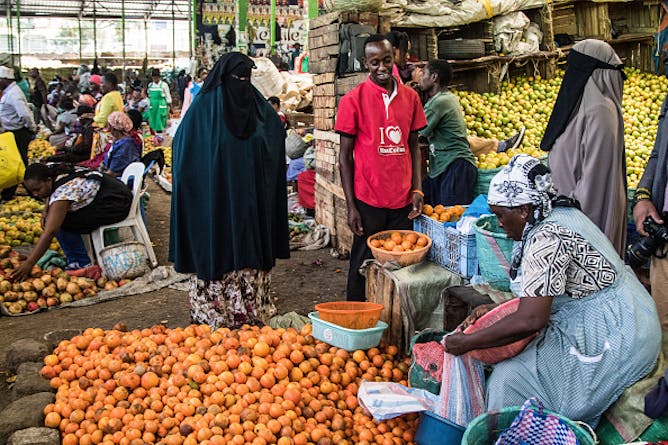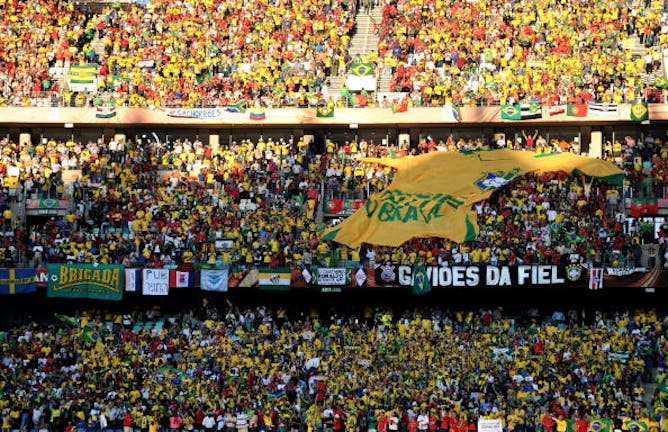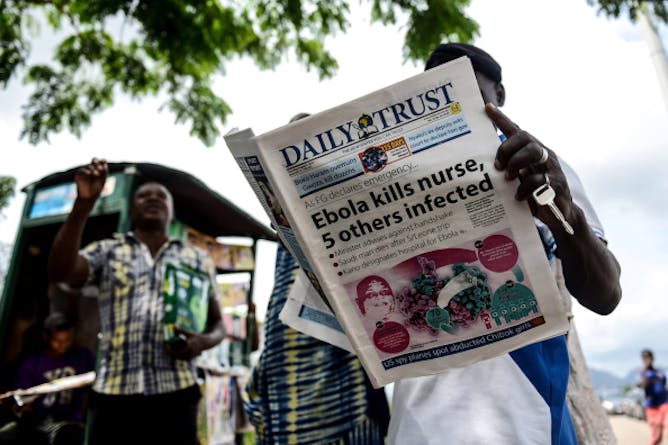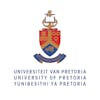|
The global economy is facing yet another challenge, just two years after the COVID pandemic froze economic activity. This time round it is galloping inflation, which has led to central banks across the world raising interest rates. The Wall Street Journal has described it as a scramble to achieve two things. Firstly, to tame the general rise in prices of goods and services. Secondly, an effort by non-US banks to mitigate the devastating effects of the soaring US dollar.
The effect is that conditions for raising finance have tightened. The cost of debt has risen, in turn raising the risk, as the World Bank has warned, of inducing global decline in economic activity.
Most central banks in developing countries have no option but to follow the lead of the dominant economies, primarily the US. The reason for this, as Danny Bradlow explains, is the US dollar’s dominance of global financial transactions, including trade and investment. He raises the question of whether a mechanism should be found that would ensure the US central bank keeps in mind the impact of its decisions on the rest of the world.
Another big story this week, a Nigerian court ordered lecturers at public universities to call off a strike over salary issues that have dragged on for seven months and disrupted classes during the process. Seun Kolade provides insights into how Nigerian universities can transform the way they’re run and funded.
|

|
Caroline Southey
Founding Editor
|
|

Danny Bradlow, University of Pretoria
The reality is that the US Federal Reserve has decided price rises must be addressed by raising interest rates. African countries have no choice by to follow suite.
|

Seun Kolade, De Montfort University
Nigeria’s lecturers’ strike raises fundamental questions about how Nigerian universities are run and funded.
|
Business + Economy
|
-
Mike Rogan, Rhodes University; Max Gallien, Institute of Development Studies; Nana Akua Anyidoho, University of Ghana; Vanessa van den Boogaard, Institute of Development Studies
The tax on electronic transactions has not generated as much revenue as the government of Ghana expected.
-
Tim Zajontz, University of Freiburg
Tazara upgrade requires huge capital but new tracks could be incompatible with the existing Southern Africa rails.
-
Francois Vreÿ, Stellenbosch University
The trend globally is for countries to be explicit about their maritime interests, underpinned by a sound security strategy.
|
|
|
|

Johan Fourie, Stellenbosch University; Maria Santana Gallego, Universitat de les Illes Balears
The era of hosting mega-sport events because they increase tourism may be over.
|
|
|
-
Wandile Sihlobo, Stellenbosch University
South Africa’s agricultural exports are vulnerable because of reliance on a few markets and weaknesses in domestic logistics chains.
-
Odongo Kodongo, University of the Witwatersrand
There’s a gap between Kenya’s public spending and its revenue. If the country owes more than it can repay, citizens will suffer.
|
|
Environment
|

Richard Meissner, University of South Africa; Anja du Plessis, University of South Africa
South Africa’s water situation is complex. It needs better monitoring and implementation of plans.
|
Politics
|
-
Carolyn Hoyle, University of Oxford; Lucy Harry, University of Oxford; Parvais Jabbar, University of Oxford
Kenya has not carried out the death penalty since 1987, but executions could resume while the law remains on the books.
-
Muhammad Dan Suleiman, Curtin University
West African governments need to be clearer about the similarities and differences of violent extremist groups.
-
George Ogola, University of Central Lancashire
Kenya’s election winner has fired the first shot in a war of attrition against legacy media.
|
|
Education
|
-
Obaa Akua Konadu-Osei, Stellenbosch University
Researchers in sub-Saharan Africa ought to fuse conventional Western theories of knowledge and local theories of knowledge.
|
|
Arts, Culture + Society
|

Sisanda Nkoala, Cape Peninsula University of Technology
African media also emphasise the west as superior and Africa as inferior.
|
Health + Medicine
|
-
Catherine Pereira-Kotze, University of the Western Cape
The domestic workers’ place of work, as a private household, is difficult to monitor. It is therefore challenging for government to enforce current legislation.
-
Edina Amponsah-Dacosta, University of Cape Town
The pandemic has disrupted national immunisation programmes. As a result, the African continent is seeing more outbreaks of vaccine preventable diseases.
|
|
| |
|
|
26 September 2022
•
Pretoria
|

|
27 September 2022
•
Johannesburg
|

|
11 October 2022
•
Bellville, Cape Town
|

|
18 October 2022
•
Johannesburg
|

|
|
|
|
| |
| |
| |
Would you like to republish any of these articles?
|
|
It’s free to republish, here are the guidelines.
Contact us on africa-republish@theconversation.com in case you need assistance.
|
| |
| |
| |
| |
|
|